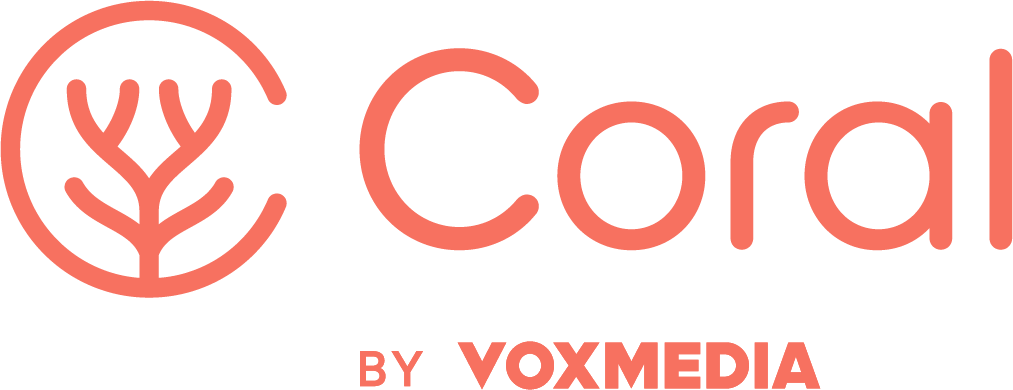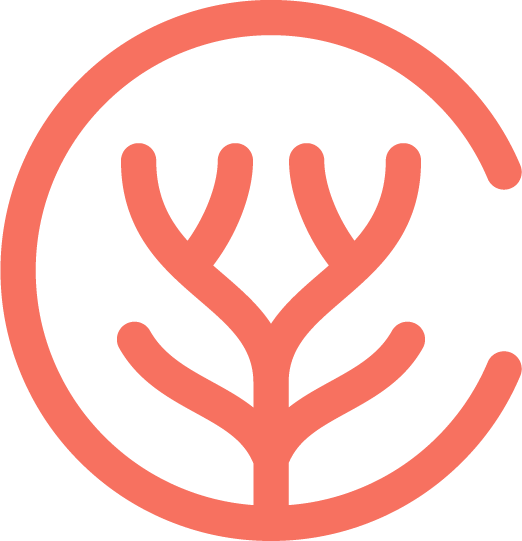By Bianca I Laureano, MA CSE
Trigger warning: This piece discusses accountability processes and includes one framed around sexual assault
Healing and accountability work is a lifelong experience. The work to heal, hold, and be held accountable takes commitment to justice, liberation, and community. I know this from firsthand experience. At the Beyond Comments Symposium at MIT November 2015, I shared my experience of being part of a healing and accountability process that was very public, intentional, inclusive, accessible, and virtual. Here is a version of the talk I gave.
I am Foundress of The LatiNegrxs Project, a multilingual virtual space of global, user-generated representations and affirmations of Black Latinxs, LatiNegrxs, Caribeñxs, and AfrxLatinxs. The Project uses the web platform tumblr, which is particularly popular with youth, and which allows users to submit a post in whatever medium they choose (film, poem, link, photo, quotes, etc.) to represent LatiNegrxs worldwide.
Growing up as a young LatiNegra, images of Black Latinas were exclusive to entertainers or athletes like Celia Cruz and Roberto Clemente. I wanted to change that by featuring more inclusive representations that weren’t just what I wanted to see, but also what our communities wanted to share and witness. The LatiNegrxs Project has expanded to include four active members, all Black-identified Latinxs and queer-identified people, plus two interns.
What Happened
I woke up early one March morning in 2013, to a notification that a homegirl, a long-time supporter of The LatiNegrxs Project who is a Black Dominican mother and cultural worker, had had her work taken without consent, citation or attribution by one of our members. A heterosexual cis-gender man, who had a full-time job with benefits, had published an article using her work on The Huffington Post.
I went into rage mode. GOON mode we call it in NYC.
For Black women, theft of our intellectual property is what so much of what U.S. culture is built upon. Stealing someone’s knowledge and using it as your own is a form of erasure and of violence. As a certified sex educator, I have continually fought against this violence within the field of health and sexuality, citing how these practices are most violent against the marginalized and underrepresented, and can prevent the field from doing its best work. We had to act, to restore the legitimacy and dynamics of our community.
What We Did First
We agreed from the beginning to make the process of our actions public, and to allow our community to hold us accountable. We met as a collective that same day, and I spoke with all involved. The person who had been harmed agreed to an accountability process, and so we decided that that would be our plan of action. We made a collective statement to our community and kept them involved and updated by posting updates to our website, and by maintaining an active Google Doc to document the process.
What Informed The Process
We looked to other accountability processes, many of which had stemmed from domestic violence and sexual assault communities. We used Philly Stand Up’s outline for healing and reconciliation, spoke with pioneers in healing justice movements Leah Lakshmi Piepzna-Samarasinha and Mia Mingus, and looked to radical and inclusive organizations such as INCITE! Women of Color Against Violence.
What Happened Next
When we asked the person responsible for the theft to explain his actions, he invoked his mom in his defense, saying that he loved her, and was raised by women. This was in some way to show his lifelong commitment to LatiNegras.
We felt that sharing his love for LatiNegra women was not enough to excuse his actions. Behaviors and actions must still be unlearned so they do not hurt others, especially other Women of Color and other LatiNegras whom he claimed to love and respect.
We asked him to take specific steps to show how he was invested in being accountable to the LatiNegra community that included his mother.
- He needed to explain to her what he did, to share with her how it hurt and impacted individuals and communities by reading out loud to her the original words of what those impacted had written about his actions. She needed to be aware of how he got the information in his article, and the forms of revolutionary love through accountability practices that the LatiNegras in his life had prepared for him.
- He had told us that his mom wanted to print out his articles to save them. We said that he should print out all the statements on this act of plagiarism made by those impacted by it, and file them with the rest of the writing his mom wanted to print out.
- We told him to ask her to hold him accountable for his actions in the future, so that the LatiNegras online were not the only ones doing the work of keeping him honest.
He told us that this was an inappropriate request because “we didn’t know his relationship with his mother.” This was true, and that was the point. We did not know his mother, but the violence of his actions had harmed a community, and the results demanded the emotional labor of LatiNegras – a community that included his mom and us, four queer LatiNegras. Real accountability would have to include him doing just as much work.
The culprit left the group. When you make the personal political for men, sometimes they are not ready.
The woman who was harmed by his actions remains a friend and professional contact for individual Project members, myself included, and an active voice in the field of race, Latinidad, and justice. She confirmed that perhaps two years after he abandoned the Project and the accountability process, she received a donation from him without any commentary or note. He has since gone on to have his work published elsewhere, and no longer speaks with or engages with Project members.
Now What?
Now we speak on what we learned and how we are going to take those lessons and apply them to our everyday lives. We keep the accountability process online and available in the archive as documentation and reference. We are going to mess up again because we are committed to being fully human. We have updated our policies about reblogging and submitting to the Project. We have created documents to support online users around issues of how to accurately cite and attribute our work, especially our online work.
During the week of the first anniversary of my mother’s death, I read about the formal end of a community accountability process by Black Youth Project 100 regarding a sexual assault involving two of their members. Both members, along with all involved, shared in a healing circle to mark the end of the process. The BYP 100 team wanted to focus on transparency and thus, with consent from all involved, published their experiences on their tumblr. As you read their testimonies, take a moment to remember how much labor is involved to do this work in such a transparent way, and how rarely we hear about these outcomes.
I still put my hand to my heart when I read these testimonies. What I learned by reading BYP 100’s process is that even in the deepest grief, healing is always possible; that leaning on the side of justice may be scary and hard, and the outcome may be one that is not rooted in white supremacy or incarceration or death; that accountability can be focused on creating the best communities possible, for those who need it most.
This is the process I work with. This is the side that I chose to be on.
Photo by Emery (Own work) [CC BY-SA 2.5], via Wikimedia Commons


